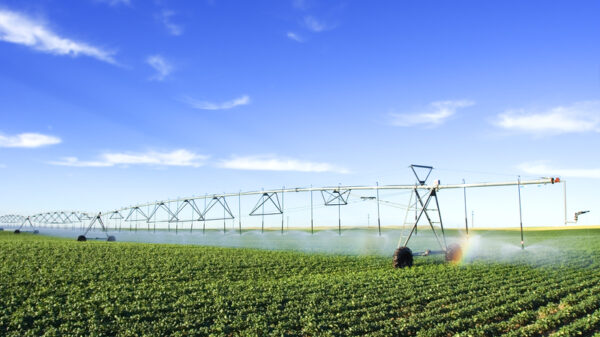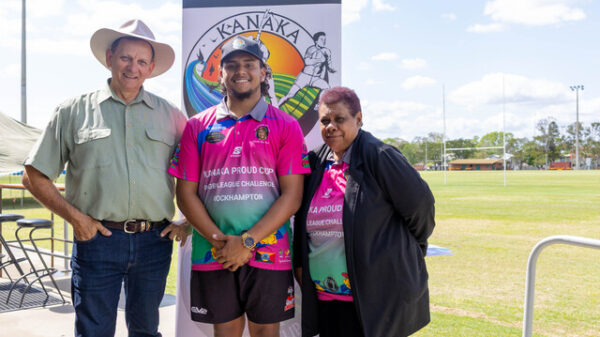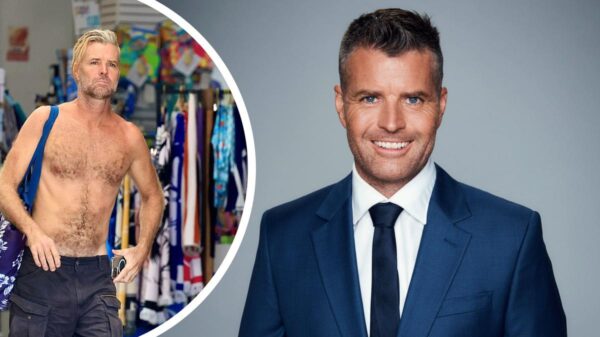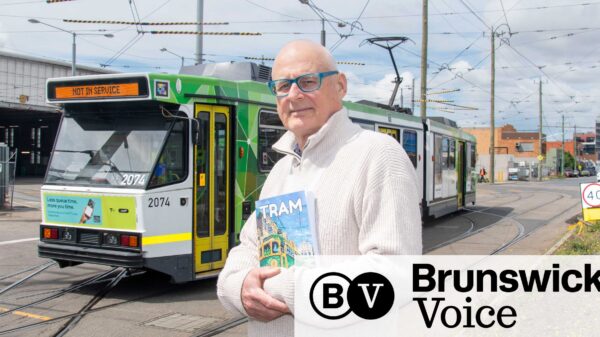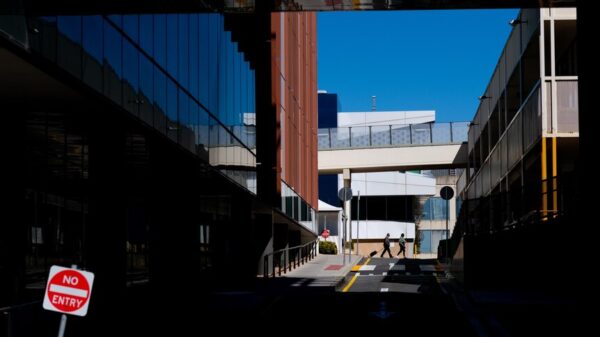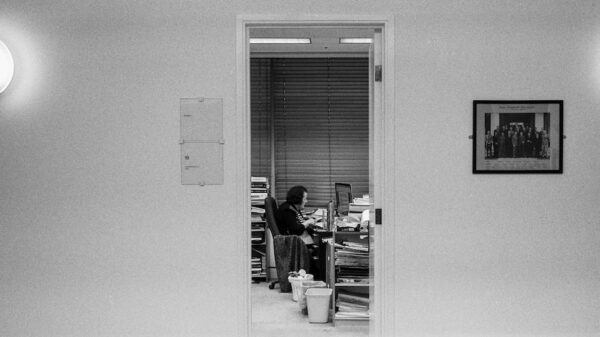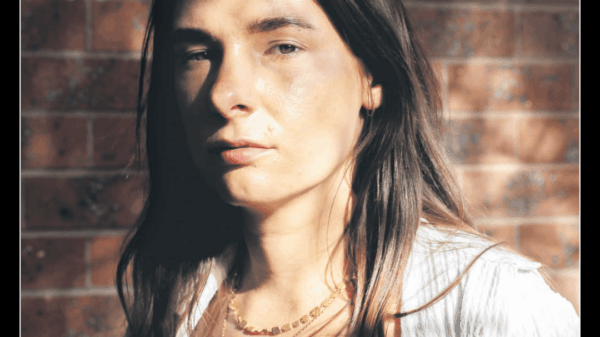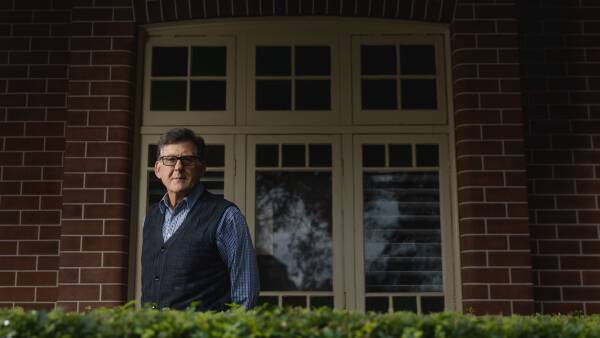UPDATE: A controversial claim asserting that 85% of Indian migrants in Australia vote for the Labor Party has ignited a political firestorm, challenging the leadership of the Liberal Party. This unprecedented political drama is unfolding as the nation grapples with critical issues, including rising unrest and community divisions.
The uproar began when pollsters circulated the 85% figure, which many consider a baseless “furphy.” With the federal opposition scrambling to respond, this sensational claim has overshadowed global events, including the ongoing conflict in the Middle East and former President Donald Trump’s latest controversies.
In recent days, the spotlight has turned to Jacinta Price, a senator from the Northern Territory, whose remarks have been interpreted as anti-Indian amid rising tensions. She suggested that Labor’s immigration policies are designed to ensure new arrivals will align with their electoral interests. Her comments came during a heated interview on ABC, where she stated, “Labor like to be able to ensure that they’re going to allow those in that would ultimately support their policies.”
The 2021 Australian Census shows a significant growth in the Indian-born population, from 455,389 in 2016 to 673,352 in 2021, making Indians the second-largest overseas-born group in Australia. Despite the growth, there is no evidence to support the claim that 85% of this demographic votes for Labor, raising questions about the motives behind such statements.
As the political landscape shifts, the Liberal Party’s leadership appears fragmented. Sussan Ley, the opposition leader, rushed to reassure the Indian Australian community, acknowledging their contributions and stating, “We value your family values and hard work.” However, her party’s internal discord has been exposed, with various members supporting inquiries into immigration levels, further complicating their response.
The upcoming rallies scheduled for August 31 have added another layer of urgency to the situation. These events aim to reclaim Australian identity and tackle the frustrations felt by many citizens. Yet, the protests have been marred by controversial placards and messages that have drawn criticism from various quarters.
“This is Labor. Basically, it’s power at any cost,”
Price emphasized, highlighting her perception of Labor’s motivations. However, her assertions have been met with backlash, as they lack substantiated evidence.
Political analysts argue that the absence of credible leadership in addressing the 85% claim has left both parties vulnerable. As tensions escalate, it remains to be seen how leaders will navigate this crisis and whether they can unite a diverse nation facing complex challenges.
The sentiment among the Indian Australian community is palpable, with voices like Aarushi Malhotra, a law student, stepping up to defend their place in Australian society. She passionately stated, “Her heritage was her pride and not a competitor to or substitute for her patriotism.”
As this story continues to develop, all eyes are on the Liberal Party and their response to the mounting pressure. With the stakes higher than ever, Australian citizens eagerly await clarity and decisive action from their leaders in these tumultuous times.

